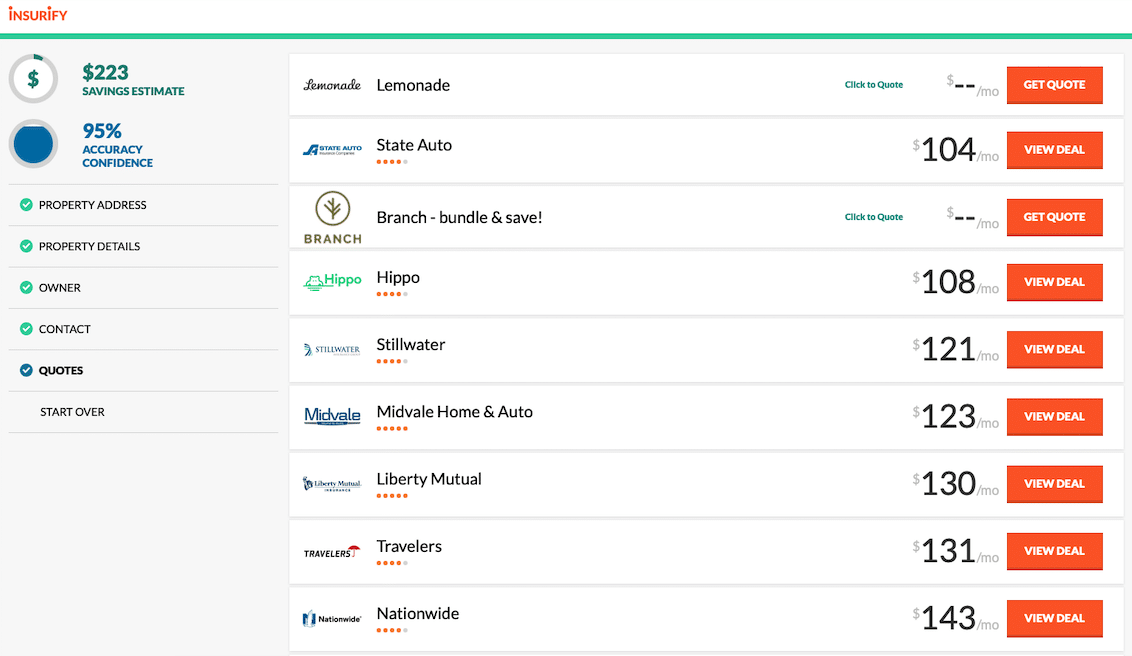What Does Renters Insurance Cover?
The III states that many renters believe their landlord’s insurance policy will cover their personal property. But that simply isn’t true. The landlord’s policy covers only the structure of the rental home. It can also cover a detached garage, shed, or fence.
But if your bike is stolen or a fire destroys your personal belongings, you need your own renters insurance policy to cover those things.
Rather than pay out of pocket, you can use renters insurance to pay to repair or replace your personal property. But renters policies also have additional protections that can benefit you. Besides personal property, your policy can cover medical payments, personal liability, and loss of use.
Personal Property
Standard renters insurance covers your possessions from fire, theft, and bad storms. Unfortunately, it does not cover floods or earthquakes. But you can purchase additional coverage if you want protection from flooding or seismic activity.
How much renters insurance you need depends on the value of your belongings.
Add up the cost of your furniture, clothing, electronics, and other items to discover how much you’d have to pay to replace them. Then, make sure your property insurance coverage limit is enough to cover all of your items.
Medical Payments Coverage
A typical policy includes no-fault medical payments coverage. That means your renters insurance company can pay medical bills if a guest injures themselves in your home.
Your coverage can vary, but policies typically cover between $1,000 and $5,000 worth of medical expenses.
Personal Liability
For more severe injuries or property damage, you’ll benefit from the personal liability component of your policy.
Renters liability insurance covers you against lawsuits for bodily injury or property damage that you, your family members, or your pets might cause to others. It can pay for legal costs and court awards if you’re found legally liable.
Loss of Use
Loss of use covers additional living expenses if you can’t live in your home or apartment while it’s being repaired.
For example, suppose a fire makes your home uninhabitable. In that case, your renters insurance will pay for hotel bills, temporary rentals, meals, and other costs until you can safely move back into the home.
Supplemental Coverages
Besides the four primary coverages, a standard renters insurance policy has additional benefits you can tap into:
Debris removal pays for debris removal after a covered loss.
Building additions or alterations covers upgrades or alterations to the rental property if you paid for the cost out of pocket.
Credit card and check forgery pays for loss from theft or fraudulent charges using your credit card or forged checks.
Spoiled food covers the cost of food loss resulting from a mechanical or power failure.
Rental insurance companies also have add-ons and endorsements you may want to add to your policy. For instance, you might buy earthquake or flood coverage to protect against those disasters.
)
)
)
)

)